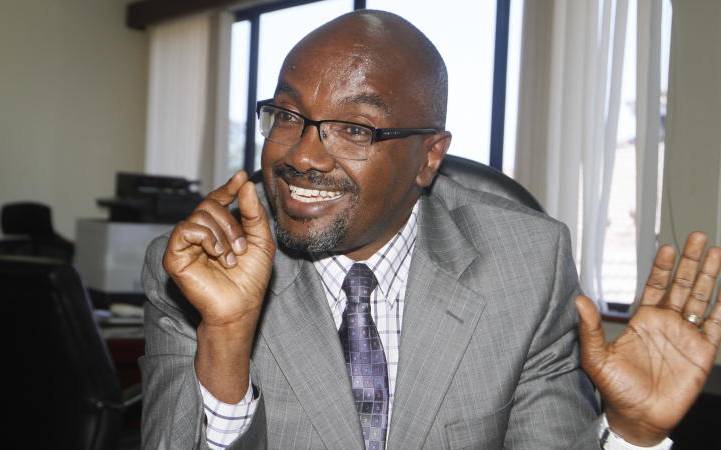×
The Standard e-Paper
Join Thousands Daily

The new Chief Executive Officer of the Commission of the University Education (CUE) Mwenda Ntarangwi. ON 27/09/2017.[ Photo: Jenipher Wachie]
The Commission for University Education (CUE) has explained why it has not approved certain academic programmes offered in a number of local universities.